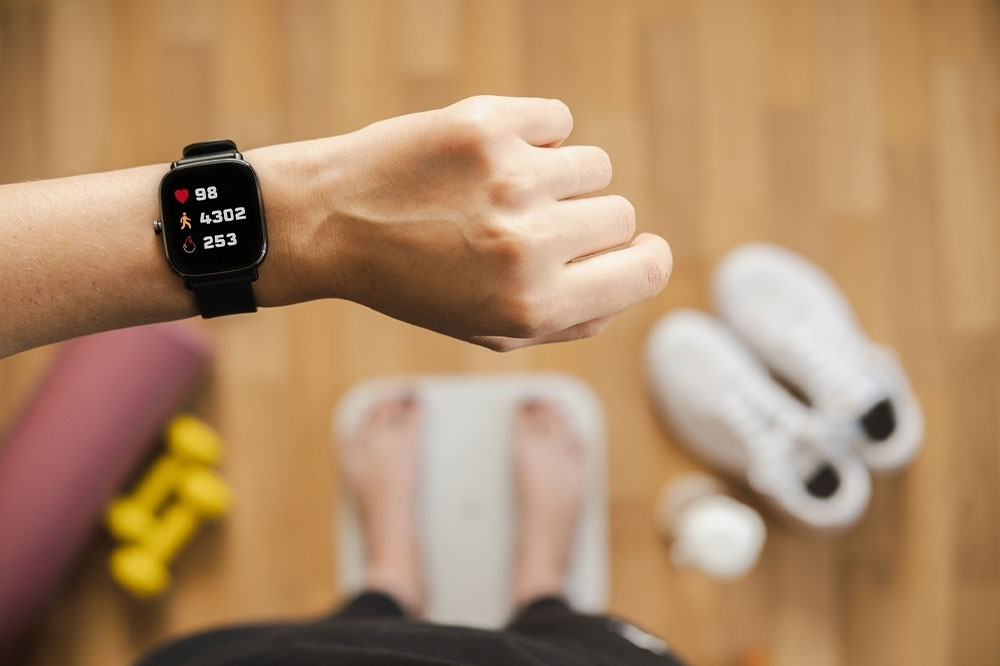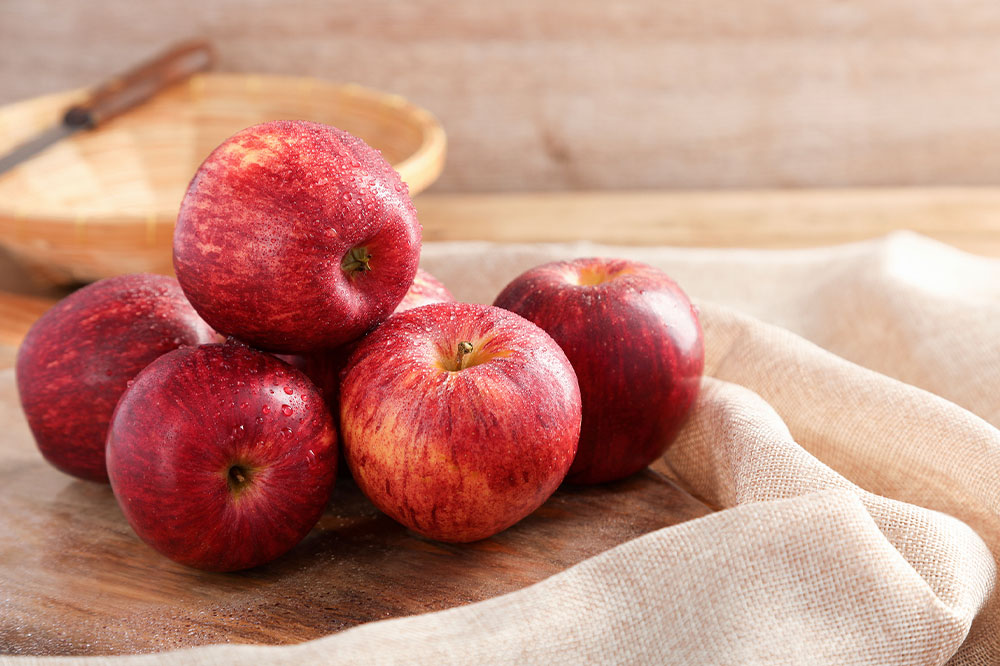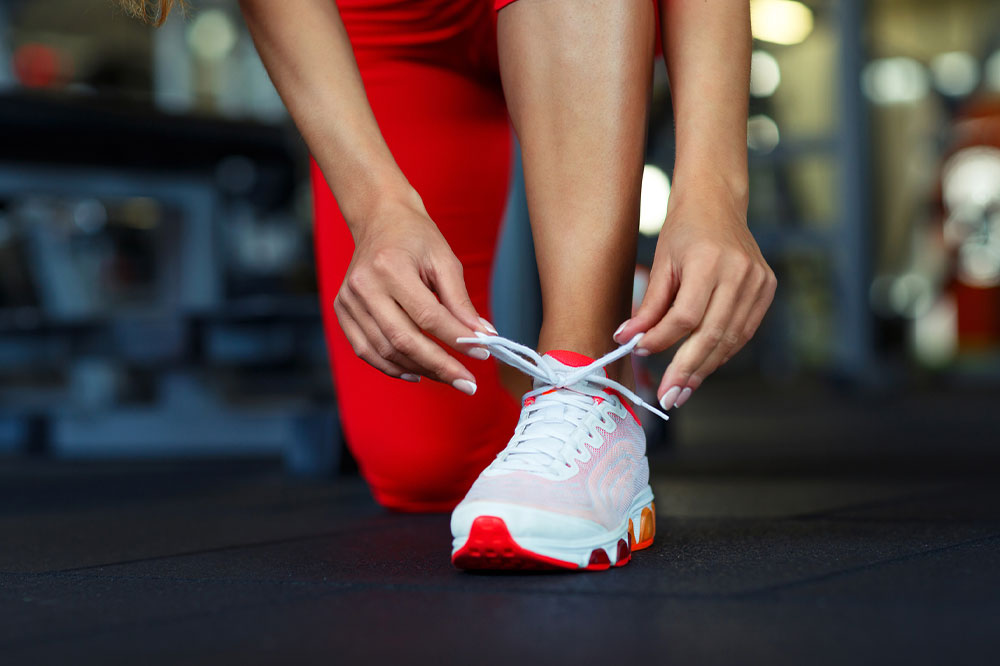6 critical fitness mistakes to avoid and improve outlook

The body and mind greatly benefit from any activity that promotes fitness. Mainly, exercise boosts mood and lowers the risk of health complications triggered by a sedentary lifestyle. But paying attention to the form and practicing a few select exercises to achieve fitness goals is not enough. It is also important to avoid making the following mistakes that compromise fitness and increases the risk of injury during workouts.
Setting unrealistic goals
Exercises will vary depending on the intensity of training necessary to achieve specific fitness goals – for endurance or strength. But it is not possible to train all major muscle groups at the same time. Exercising is a slow and laborious task, so it pays to be patient. Pushing the body and mind to meet unrealistic goals may not lead to long-term results. Therefore, try to include as much variation as possible in the types of workouts. Experts recommend a good balance of cardio and powerlifting to target major muscle groups and achieve desired fitness goals. Set goals that are manageable and don’t negatively impact daily lifestyle.
Overtraining
Overtraining is one of the biggest mistakes rookies make during the first few months of gym training. Just increasing the number of reps or rounds will not guarantee quicker results. In fact, overtraining can fatigue the muscle groups with the risk of permanent damage to vital joints. Similarly, increasing cardio hours will only put unnecessary pressure on the joints and muscle groups, resulting in ligament tears and cartilage damage. It is important to pace out any form of workout and stay well within the physical and mental limits of endurance. Slowly but gradually, intensity can be increased, but only if it feels natural and comfortable.
Not paying attention to nutrition
Neglecting proper nutrition will also affect overall fitness levels. All body functions and organs rely on a delicate balance of foods and beverages to supplement nutrients, vitamins, and minerals. Experts suggest having light snacks instead to boost nutrient intake a couple of hours before workouts to gain that extra energy boost. For example, a banana and some peanut butter boost the protein and potassium intake necessary for muscle growth and recovery. A small cup of yogurt with berries or oatmeal with assorted nuts and raisins also packs nutrients that provide fiber, antioxidants, and energy necessary for a good intense workout. These are just basic suggestions so one must consult with a nutritionist to plan a proper food and beverage chart customized for the intended workouts.
Improper eating habits
Eating meals at the wrong time will also impact overall fitness. Several studies are conclusive of the fact that having smaller manageable meals at the right time notably boosts fitness. The body’s metabolism can easily digest more calories during the day. At night, the metabolic activities slow down, delaying digestion. Nutritionists suggest having a good heavy breakfast, a moderate lunch, and a light dinner to promote better fitness. Eating late during the day and at night can only make a person feel hungrier as the nutrition is not being absorbed efficiently from the intake of foods. Such cravings stem purely from untimely food intake.
Not getting enough rest
Sleep deprivation also increases the risk of injuries while working out, as one might lose focus. The body and mind both require rest after any intense physical activity. Rest promotes better blood circulation allowing freshly oxygenated blood to soothe and repair sore muscle groups. One must aim for adequate rest at night with a good 7 to 8 hours of sleep. During this time, major muscle groups repair tissue and build the necessary strength to lift heavy. Getting plenty of rest also ensures one doesn’t suffer from daytime fatigue that can interfere with fitness activities.
Forgetting to stay hydrated
Over a third of the body is made up of water molecules that support vital organ functions. Water is needed to flush out toxins collecting in the body in the form of sweat and urine after a good workout. Water also helps boost circulation and improve the flow of oxygen. This helps muscles and joints recover faster from intense workouts. Over 70% of the brain is made up of water so staying hydrated helps improve cognitive function. Drink plenty of water to keep a proper balance of electrolytes necessary for overall fitness.









